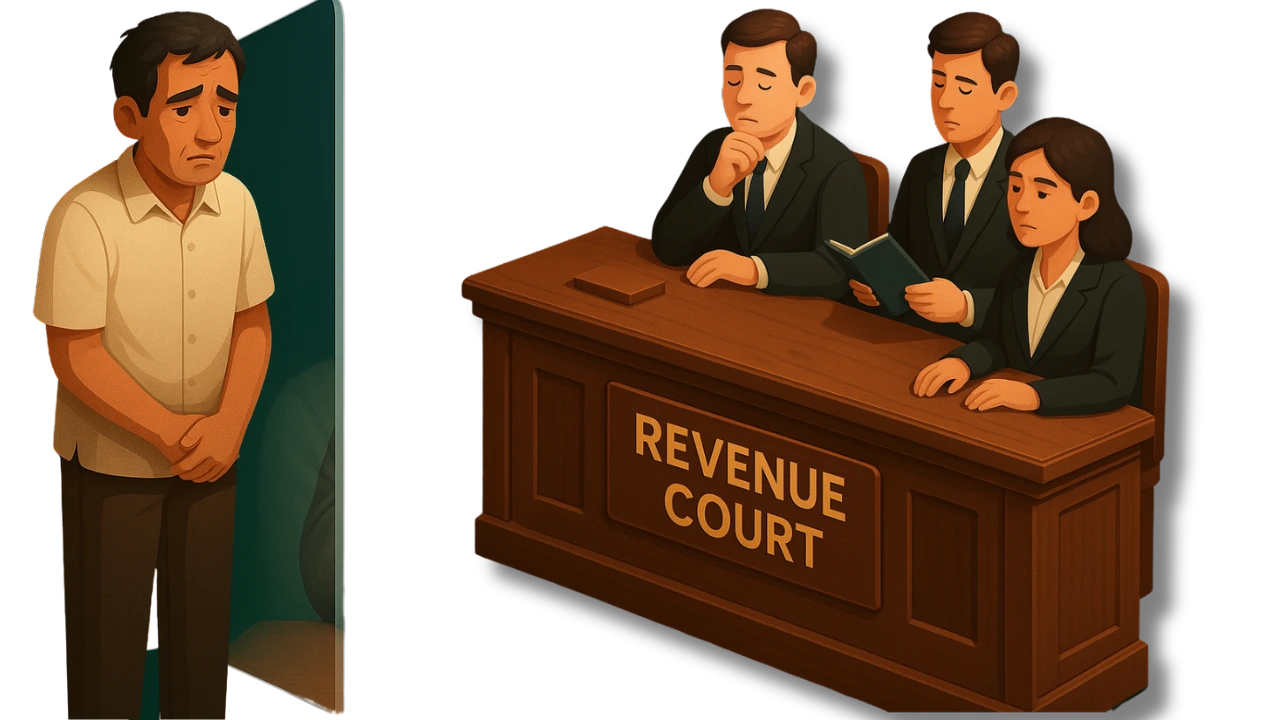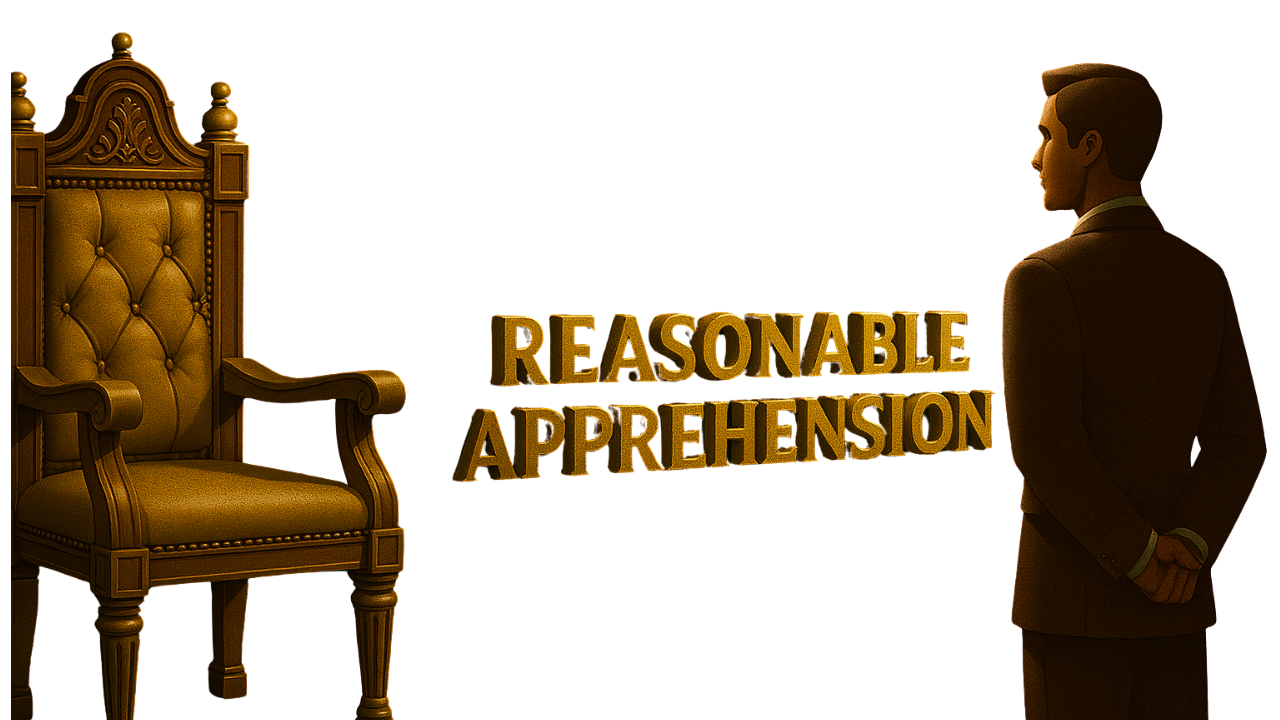Introduction
The Supreme Court of India, recently in the case of Offshore Infrastructures Limited v. M/S Bharat Petroleum Corporation Limited1, adjudicated upon the crucial interplay between the limitation period for seeking the appointment of an arbitrator and the statutory impact of the COVID-19 pandemic on such timelines. The Court addressed the High Court of Madhya Pradesh’s refusal to appoint an arbitrator under Section 11(6) of Arbitration Act2, primarily on the ground that the application was time-barred. The pivotal questions before the Court were whether the benefit of the COVID-19 extension order could save the otherwise time-barred application, and whether the substantive right to arbitration survived despite the contractual appointment procedure, being rendered void by the 2015 amendments3 to the Act.
The Bench, composed of Justice Dipankar Datta and Justice Augustine George Masih, primarily held that the application for the appointment of an arbitrator was within the period of limitation due to the exclusion of the COVID-19 pandemic period. The Court also confirmed its power to appoint an arbitrator even when the procedure in the arbitration clause had become invalid due to statutory amendments under the Arbitration Act.
The dispute arose from a contract awarded by the Respondent to the Appellant for work at a Refinery, which was completed on January 31, 2018. The final bill was raised on March 20, 2018, and the amount was due on April 21, 2018. The Appellant issued a notice for the appointment of an arbitrator on June 14, 2021, which the Respondent refused. Subsequently, the Appellant filed an application under Section 11(6) of the Arbitration Act before the High Court on March 15, 2022, seeking the appointment of a sole arbitrator, which the High Court dismissed as time-barred.
The Appellant contended that the limitation period for filing an application for the appointment of an arbitrator commences only upon the other party’s refusal or failure to appoint one. Further, the Appellant argued that the part payment made by the Respondent on June 2019, extended the limitation under Section 19 of Limitation Act4 and critically, that the period from March 2020 to February 2022, must be excluded from the computation of limitation due to the Supreme Court’s COVID-19 extension orders.
The Respondent, conversely, supported the High Court’s finding that the cause of action arose either when the final bill was raised (March 20, 2018) or when the ‘No Claim Certificate’ was issued (October 3, 2018). Therefore, the application filed in March 2022 was beyond the three-year limitation period. The Respondent also argued that since the arbitration clause’s procedure was rendered “otiose and inoperative” by the 2015 amendments to the Act, the entire arbitration mechanism should be deemed to have ceased to exist.
Statutory Disqualification and Pandemic Extension in Arbitration
In addressing the first issue, the Court relied on its earlier judgments in Perkins Eastman Architects DPC and Another v. HSCC (India) Limited5 and TRF Limited v. Energo Engineering Projects Limited6. These cases unequivocally established that once the named appointing authority becomes ineligible to act as an arbitrator under Section 12(5) read with the Seventh Schedule of the Act, this ineligibility also extends to the power of nomination.
The Court reiterated that the legislative intent of the 2015 amendment was to secure the neutrality of arbitrators, and this mandate overrides contrary contractual stipulations. Further, it affirmed that merely because the procedure for appointment became inoperative, the “core part of contract” referring disputes to arbitration would not be rendered nugatory. The Court is thus vested with the power under Section 11 of the Act to appoint an independent arbitrator.
On the second issue of limitation, the Court cited Geo Miller and Company Private Limited v. Chairman, Rajasthan Vidyut Utpadan Nigam Limited7, which held that the cause of action for an arbitration application generally arises when the final bill becomes due. In the current case, this date was April 21, 2018. Therefore, the three-year limitation period would have expired on April 21, 2021. However, the Supreme Court’s binding order in In Re: Cognizance for Extension of Limitation8 specifically excluded the period from March 2020, till February 2022, for the purpose of limitation. By applying this exclusion, the Court concluded that the Appellant’s application filed on March 15, 2022, was moved within the extended period of limitation.
The Supreme Court, after considering the contentions and applying the law, removed the contrast created by the High Court’s literal interpretation of the limitation period. It held that the arbitration clause was not effaced despite the procedural flaw, and the benefit of the COVID-19 exclusion period was mandatory for all judicial or quasi-judicial proceedings. Consequently, the Court set aside the Judgment of the High Court, allowed the Civil Appeals, and directed that the matter be referred to the Delhi International Arbitration Centre for the appointment of a sole arbitrator.
Conclusion
This judgment reinforces the pro-arbitration stance of the Supreme Court, ensuring that the fundamental agreement to arbitrate survives even when the procedure for appointing an arbitrator is voided by statutory amendments meant to ensure neutrality. The judgment solidifies the interpretation of Section 12(5) of the Arbitration Act in line with Perkins Eastman (Supra) and TRF Limited (Supra).
Crucially, it provides clarity on the application of the COVID-19 limitation extension order to proceedings under Section 11(6) of the Act, confirming that this period must be mandatorily excluded, thus safeguarding the rights of litigants whose limitation periods expired during the pandemic. This principle will be vital in numerous commercial and civil disputes where the limitation was narrowly missed during the COVID-19 period.
Despite the judgment’s clarity on arbitration validity and the mandatory COVID-19 exclusion for limitation, several issues remain. Firstly, does the Appellant’s prior ‘No Claim Certificate’ still bar the substantive claim, even if the arbitration application is timely? Secondly, given the claim challenges the deduction of Liquidated Damages, should the cause of action date be when the final bill was due or the later date when the LDs were actually deducted? Finally, the reliance on the residual Article 137 of the Limitation Act, prompts a policy query: should the legislature define a specific limitation period for Section 11(6) applications to avoid ambiguity?
Citations
- Offshore Infrastructures Limited v. M/S Bharat Petroleum Corporation Limited, SLP (C) Nos.22105-22106/2024
- The Arbitration and Conciliation Act, 1996
- The Arbitration and Conciliation (Amendment) Act, 2015
- The Limitation Act, 1963
- Perkins Eastman Architects DPC and Another v. HSCC (India) Limited, (2020) 20 SCC 760
- TRF Limited v. Energo Engineering Projects Limited, (2017) 8 SCC 377
- Geo Miller and Company Private Limited v. Chairman, Rajasthan Vidyut Utpadan Nigam Limited, (2020) 14 SCC 643
- In Re: Cognizance for Extension of Limitation (2022) 3 SCC 117
Expositor(s): Adv. Shreya Mishra






